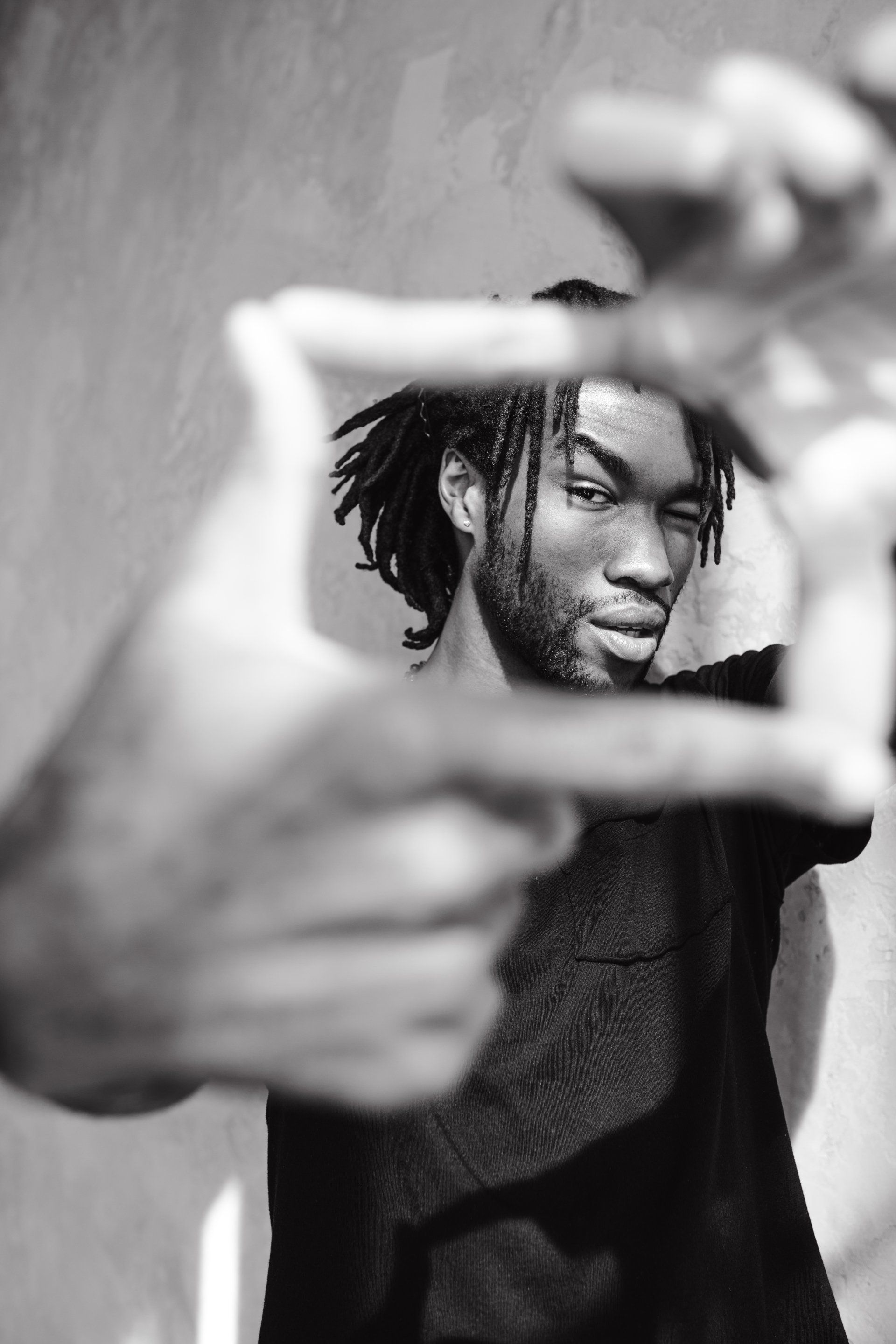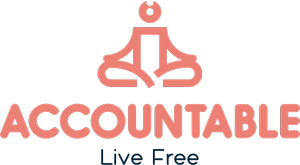Happiness in Addiction Recovery - A Celebration of National Admit You're Happy Month!
Happiness in Addiction Recovery - A Celebration of National Admit You're Happy Month!
It’s August! Did you know that August is “Admit You’re Happy Month”?
What would you admit you’re happy about?
Those of us in recovery know what it’s like to get hooked into the toxic and deadly cycle of chasing imitation happiness, in all of its various forms. The way I look at it is that with imitation happiness, you pay a price, and the price is misery. With genuine happiness however, there’s no price to pay. You just get to enjoy it and all the pleasant, blissful sensations it brings.
My first day of August kicked off in the morning getting my two daughters ready for camp before I had to work. They were extremely excited, because they were going swimming and that’s just about their favorite thing ever. They were happily in the zone, giggling away, playing some make believe game with their dolls. It was getting near time to go so of course, here comes Mom, being a giant buzzkill:
“Girls..
Get your shoes on! Now!”
Even in the moment I realized that I was potentially killing their whole happy vibe with my insistence that they stop playing and get serious! The pressure of having to stick to a schedule and all that. Fortunately, they were unphased by my stress and put their shoes on, still laughing and happy as we walked out the door.
We go outside and the neighbor next door is playing with his little baby on their front stoop. This baby is gorgeous and smiling from ear to ear! I comment, “Wow, she’s always SO HAPPY!”
Happiness is contagious. In that moment, knowing my kids were so happy, and then to see that cute little baby happy and smiling, it made me just smile, and relax.. and feel so happy too. We get in the car and I decide to play my daughter’s favorite song, “This Girl is on Fire” by Alicia Keys. While we were on vacation back in July we listened to this song over and over again, and it became their official anthem! So they were excited that I decided to blast it for the car ride. We all just cut loose and sang at the top of our lungs, “THIS GIRL IS ON FIRE! THIS GIRL IS ON FIRE!” It brought back very recent, happy memories of how much fun we all had together on our vacation.
Music is really something that can make you feel instantly happy isn’t it? Especially a song you LOVE, and a song you and someone else love together. I have to admit, I never loved the song, “This Girl is on Fire” before, but I do now. I do now because my daughters love it, and to hear them sing it together is the cutest, sweetest thing that honestly makes me feel so happy.
As I mentioned before, being in recovery, you come out of such a dark place and begin to experience life in an organic way and these moments of happiness somehow become so much more meaningful. But if you really think about it, the opportunities to be happy were always there all along. I watch my kids and how EASY it is for them to be so happy in the moment. It makes me wonder why it seems harder to be this way as an adult. What changed?
I am not sure of the answer, but for now I will admit that I am happy singing with my kids, and having a baby smile at me and feeling the sun shine on my face. Life just gave me these little moments! They didn’t need to be enhanced or chemically altered in any way and I appreciate them for what they are.
So since August is “Admit You’re Happy” month, go ahead and admit you’re happy! Just because it feels good. Happiness is happening all around us and life is beautiful.




hello@youareaccountable.com
(646) 450-7641